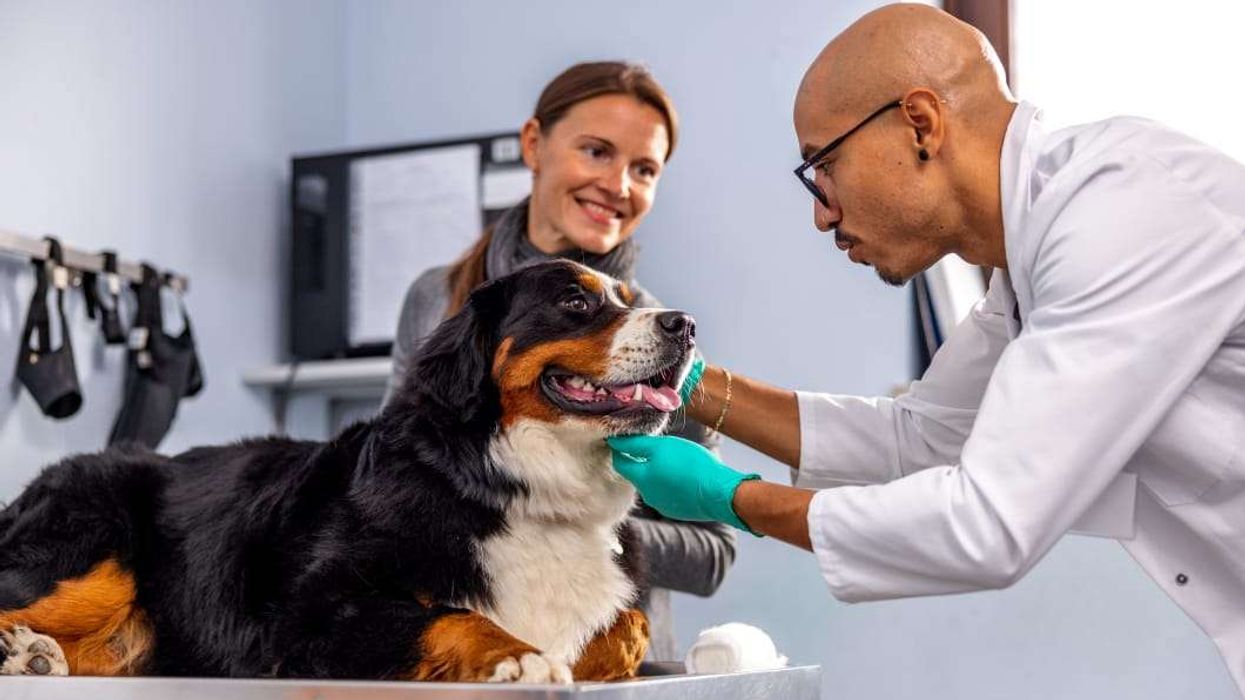Highlights
- Veterinary practices ordered to publish price lists and disclose corporate ownership under new CMA proposals.
- Pet healthcare costs have risen at nearly twice the rate of inflation, investigation finds.
- CVS Group shares surge 18 per cent as market welcomes lack of direct price controls on medicines.
Watchdog pushes for price transparency
Britain’s competition watchdog has provisionally ordered veterinary practices to publish price lists and disclose corporate ownership, aiming to give pet owners greater transparency in a sector where costs have risen at nearly twice the rate of inflation.
The Competition and Markets Authority (CMA) said on Wednesday (15) that pet owners are often unaware of prices or not given estimates for treatments that can run into thousands of pounds.
Under the proposed measures, vet businesses must publish prices for common procedures and make clear which practices are independent and which belong to large corporate chains. The watchdog also plans to cap prescription fees and ban bonuses linked to specific treatments.
“We believe that the measures we are proposing would be beneficial to the sector as a whole, including vets and vet nurses,” the CMA stated in its provisional decision report. “Providing better information for pet owners will increase their confidence in vet businesses and the profession.”
Industry reactions
The announcement triggered immediate market reactions. Bloomberg reported Shares of CVS Group, a British veterinary services provider, rose as much as 18 per cent in early London trading before paring gains, whilst Pets at Home traded up to 4.9 per cent higher. Both companies had underperformed since the CMA launched its investigation.
“While the tone of the CMA’s report is sharp, we see few surprises versus our expectations,” said Jefferies analyst Andrew Wade to Bloomberg. “The lack of pricing controls on services notably medicines must be viewed as a positive.”
The veterinary profession offered cautious support for the reforms. Dr Rob Williams, president of the British Veterinary Association, said: “At first glance, there’s lots of positives in the CMA’s provisional decision that both vets and pet owners will welcome, including greater transparency of pricing and practice ownership."
However, animal welfare charities warned of the consequences when pet owners delay treatment due to cost concerns. Caroline Allen, the RSPCA’s Chief Veterinary Officer, told BBC “Our frontline officers sadly see first-hand the consequences when people delay or avoid seeking professional help, or even attempt to treat conditions themselves."
The proposed remedies package also includes requirements for vet businesses to improve complaint processes and conduct regular customer satisfaction surveys comparing large groups with independent practices. Additionally, practices would find it easier to terminate out-of-hours contracts with third-party providers if better alternatives exist.
The CMA emphasised that vet businesses failing to comply, or those pressuring veterinarians to act in certain ways or sell specific treatments, could be in breach of the Order.





